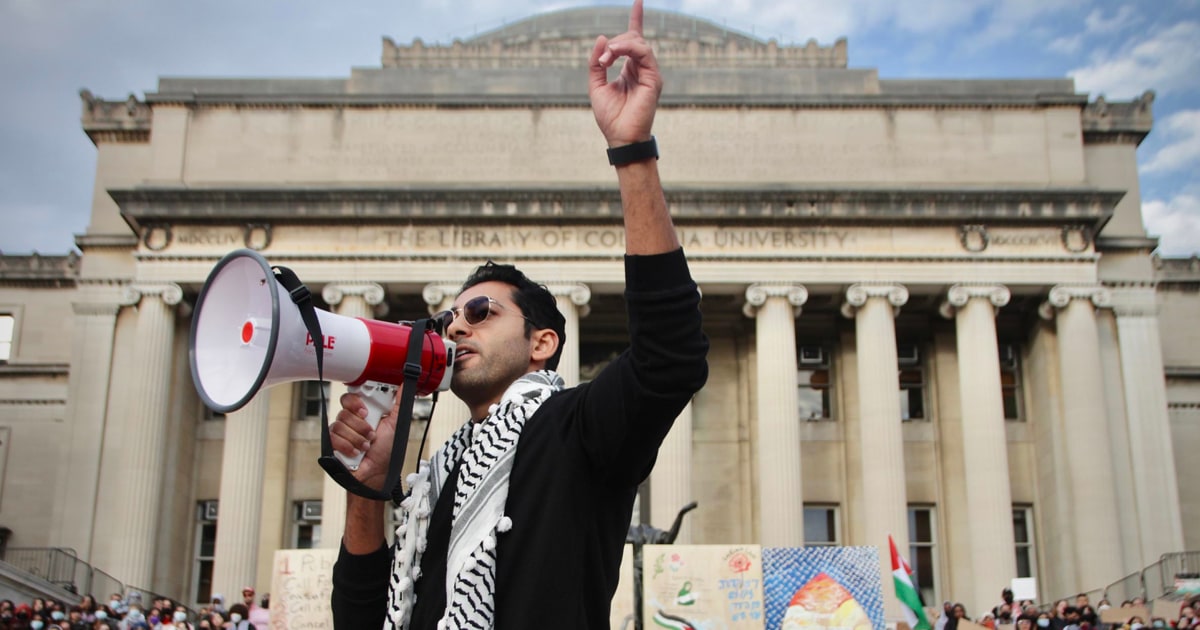Key takeaways:
- Columbia University student Mohsen Mahdawi, a Palestinian and U.S. permanent resident, was released on bail after being detained by immigration authorities during his naturalization interview, following legal arguments by his attorneys.
- Mahdawi’s detention, which his attorneys claim was politically motivated due to his involvement in pro-Palestinian protests, raises concerns about the infringement of First Amendment rights and the intersection of immigration enforcement and political activism.
- His case has sparked discussions on the rights of non-citizens participating in political protests and could have broader implications for similar situations in the future.
Columbia University student Mohsen Mahdawi has been released on bail following a federal judge’s order in Vermont. Mahdawi, a Palestinian student and U.S. permanent resident, was detained by immigration authorities during his naturalization interview. The 34-year-old was held at the Northwest State Correctional Facility in St. Albans, Vermont, after being detained on April 14. His release comes after legal arguments presented by his attorneys.
Mahdawi, who was born and raised in a refugee camp in the West Bank, has been a prominent figure in pro-Palestinian protests at Columbia University. His attorneys claim that the detention was politically motivated, linked to his involvement in demonstrations during the early months of the Israel-Hamas conflict. They argue that this action infringes upon his First Amendment rights.
Upon his release, Mahdawi addressed the public outside the courthouse in Burlington, Vermont. He expressed that his freedom is connected to the broader struggle for freedom faced by many students. Mahdawi also directed a message to former President Trump and his administration, stating his lack of fear in the face of these challenges.
The case has drawn attention to the intersection of immigration enforcement and political activism. Mahdawi’s situation highlights ongoing debates about the rights of non-citizens involved in political protests and the implications of such activities on their immigration status. The outcome of this case may have broader implications for similar cases in the future.



Be First to Comment